We are a Galway-based chartered physiotherapy clinic that specialises in treating whiplash. Whiplash associated disorders (WAD) is the term used to described injuries sustained as a result of sudden acceleration-deceleration movements such as those associated with motor vehicle accidents. The term WAD is often used synonymously with the term whiplash, however whiplash refers to the mechanism of injury rather than the presence of symptoms such as pain, stiffness, muscle spasm and headache, in the absence of a lesion or structural pathology.
The prognosis of WAD is unknown and unpredictable. Some cases remain acute with a full recovery while some progress to chronic with long term pain and disability. Whiplash and WAD affect a variety of anatomical structures of the cervical spine depending on the force and direction of impact as well as many other factors. Early intervention is advisable and recommendations are relative rest, pain relief, basic stretching and strengthening exercises.
Causes of pain can be any of the following tissues (with the strain injury resulting in secondary oedema, haemorrhage, and inflammation):
You are in safe hands at West Coast Physio. We have over 15 years’ combined experience in treating conditions such as whiplash associated disorders.
PHYSIOTHERAPY IS AN ESSENTIAL HEALTH SERVICE
During this pandemic, chartered physiotherapists at West Coast Physio will continue to provide services while following all relevant government COVID-19 guidelines to keep you safe during your visit, including screening for COVID-19 before each treatment.
Disclaimer: The information provided on this website is for informational purposes only and should not be treated as medical advice. If you have any questions about your condition, please do not hesitate to give us a call.
